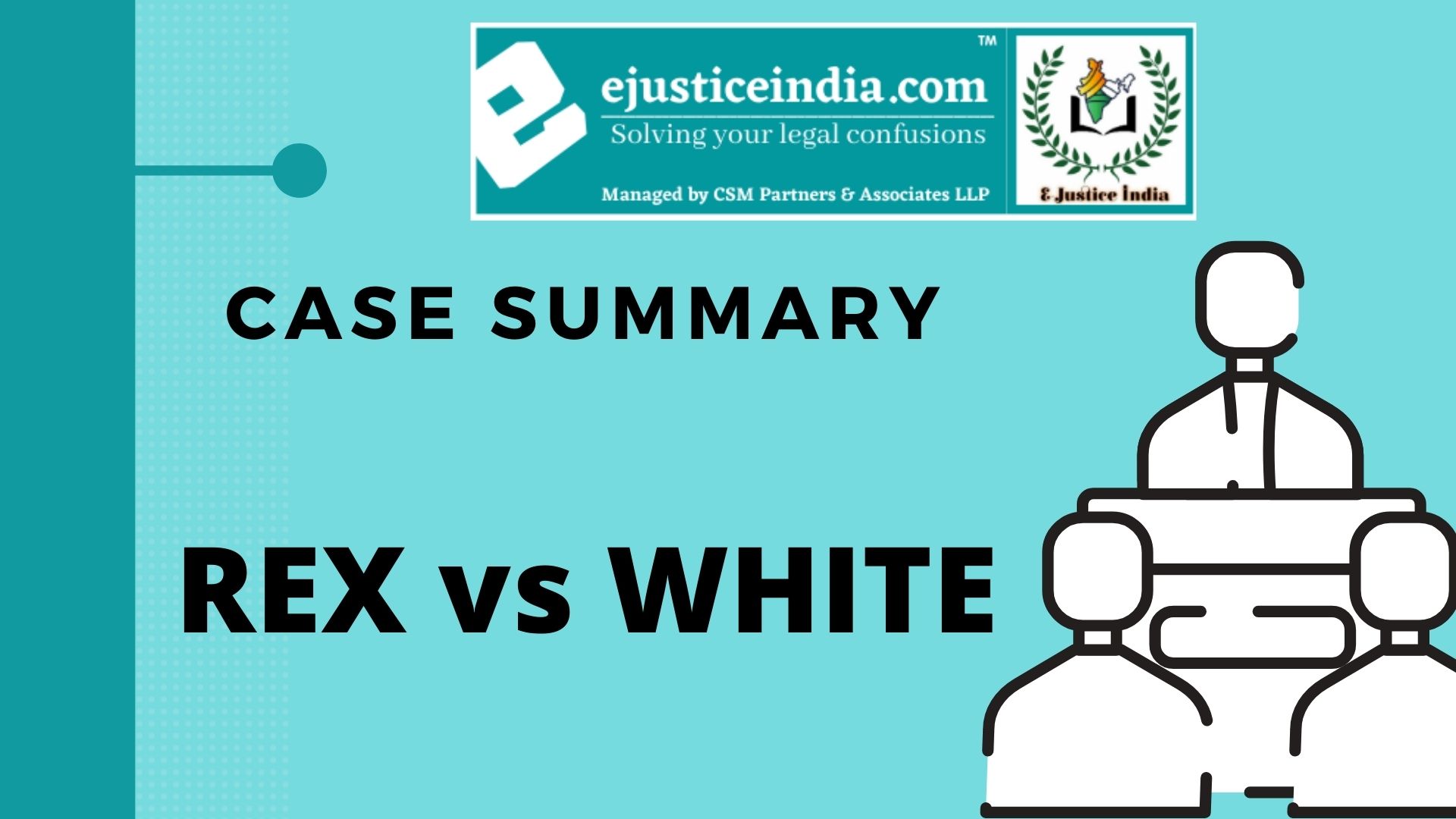Krishna Kumar Singh & Anr. v. State of Bihar & Ors.
Author : Ishita Arora
Citation
2017 (2) SCJ 136
Bench
Chief Justice T.S. Thakur, Justice Madan B. Lokur, Justice S.A. Bobde, Justice D.Y. Chandrachud, Justice A.K. Goel, Justice U.U. Lalit, Justice L. Nageshwar Rao
Introduction
Article – 123 and 213 of the Constitution deals with ordinance making power. Article 123 states that the President can promulgate an ordinance only when both the houses of parliament are not in session and when emergency circumstances exist.
Such ordinance has the same force and legal effect as that of an Act of the Parliament. Article 213 states that the governor of a state can promulgate an ordinance only when the legislative assembly of the state is not in session or where there are two houses in the legislature, when both the houses are not in session and when extraordinary and emergency circumstances exist.
Such ordinance has the same effect as that of an Act of the state legislature. The Ordinance has to be laid before the houses and it ceases to operate after the expiry of six weeks from the reassembly of the houses. Ordinances are considered against the spirit of democracy and parliamentary traditions.
However, ordinances are desired to deal with an unforeseen and emergency situation.
Facts of the case
An appeal was filed by a group of petitioners who were serving staff at Sanskrit schools in Bihar, against the order of Patna High Court. These Sanskrit schools were private schools earlier.
However, under the ordinance 32 of 1989 these schools were taken by the Bihar government. The staff of the school claimed that now they had become government servants. So, they filed petition before the Patna High Court for payment of salary and other allowances from Bihar government contending that they were government servants under the ordinance 32 of 1989.
A series of promulgation of ordinances took place during that time. The last series of ordinance expired by lapse of time on April 30, 1992. The petitioners claimed that they continue to be government servants even after the expiry of the said ordinance.
The Patna High Court held that the petitioners will be considered as government servants and will receive salary as government servants from the date of coming into force of Ordinance 32 of 1989 to April 30, 1992. Being aggrieved by the decision of Patna High Court which denied them government servant status after April 30, 1992, the petitioners filed an appeal before the Supreme Court.
Issues and fact of law
- The petitioners were claiming the status of ‘government servant’ even after the expiry of the ordinances. So, whether the series of those ordinances were misused in favor of petitioners?
- Whether the petitioners can claim government servant status even after the expiry of the Ordinance?
Judgement
A seven – judge bench of the Supreme Court held that re-promulgation of an ordinance is a fraud and misuse of the Constitution and a subversion of democratic process. Ordinances are not immune to judicial review.
The power to promulgate an ordinance should be used only in extraordinary emergency situations and not to meet the political needs of any individual.
Also, the Court observed that ordinances do not create any rights or liabilities which can go beyond its term of operation.


